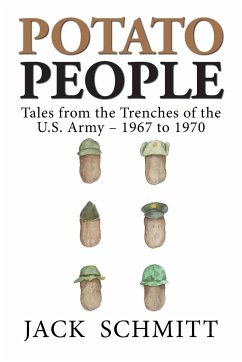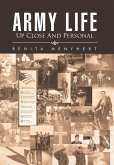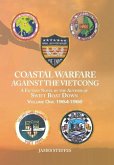The book details the adventures of the eldest son of a working-class family from the urban Midwest who enters the army in the late 1960s and is transformed from a naive cowboy idolizer into a devious, larcenous, gun-carrying reprobate. He delves into the world of black market activities, prostitutes, drugs, and race relations and emerges a callous man for whom death is divided into two basic classes: bodies that are sent away and those that are dismissed as the impersonal enemy. Raised in an all-white environment and having had only one long-term exposure to a person of color, during a short period attending a seminary, he was taught to treat others fairly or to ignore them if their behavior warranted it. In the army, he encounters young men from every part of the country. Some require special treatment, while others introduce him to layers of the spectrum of life, which he did not know existed. He receives specialized training and, instead of being sent directly to Vietnam, is dispatched to Germany to participate in the Cold War in a very active manner. While in the army from 1967 to 1970, he wrote over five hundred letters, many to a girl with whom relations ended upon his return from Vietnam. She gave all the letters back, and they stayed on a shelf, waiting to fulfill the promise to someday write a book about the things that happened. His father also returned the letters that were written to him, which described the language used, the abuse suffered, and the status of race and homosexual relations, as well as the horrors of war, in no uncertain terms. The letters remained untouched for nearly fifty years, but he would sometimes recount an incident to friends or family, receiving in return an urging to write the stories for them. His older daughter chronologically organized the letters, while his other daughter edited the manuscript as it was being written. The idea to write this book, as well as its title, struck while joking with fellow GI's in the barracks about someday telling the world that no one would believe the things they were doing in the name of serving their country. They would develop audacious pranks to outdo one another or minimalize a situation and just be glad to live another day. They often remarked about spending parents' and grandparents' tax money on atrocious wastes of effort and material. The military personnel during the late '60s fit three distinct categories: juicers, heads, and straights. The first included men from every state, since almost everyone drank now and then. The second referred to the use of acid by some, while smokers and dopers fit right in. Lastly, there were some individuals who preferred not to get wasted by any means. Homosexuals and blacks could occupy any of the groups. The story details army life for a middle-class Midwest man who is introduced to conditions and concepts he had never imagined, in Europe, then in the States, and finally in Vietnam. The intended audience is adult, mostly because of the language and the portrayal of man's cruelty to man, while on the other hand, the book is both nostalgic as well as informative.
Hinweis: Dieser Artikel kann nur an eine deutsche Lieferadresse ausgeliefert werden.
Hinweis: Dieser Artikel kann nur an eine deutsche Lieferadresse ausgeliefert werden.








